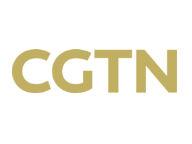Faculty News
—
Professor Thomaï Serdari is quoted in a story about multi-family marketing
—

Excerpt from Multi-Housing News -- “'In your downtime, you’ve decided to spend 20 minutes on Instagram and you’re actually curious to see what’s on the market,' she said, comparing that to routine habits such as checking a bank account, when someone may be more annoyed at seeing ads cropping up."
Faculty News
—

Excerpt from Multi-Housing News -- “'In your downtime, you’ve decided to spend 20 minutes on Instagram and you’re actually curious to see what’s on the market,' she said, comparing that to routine habits such as checking a bank account, when someone may be more annoyed at seeing ads cropping up."





















